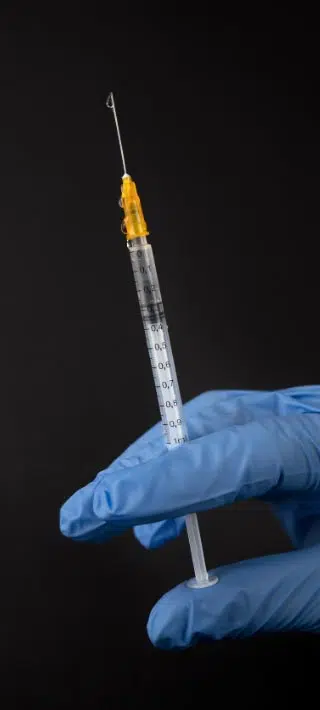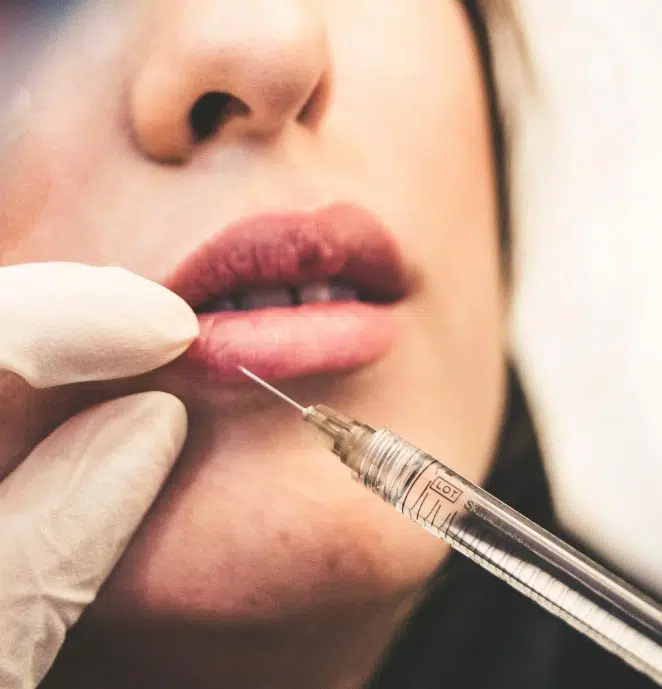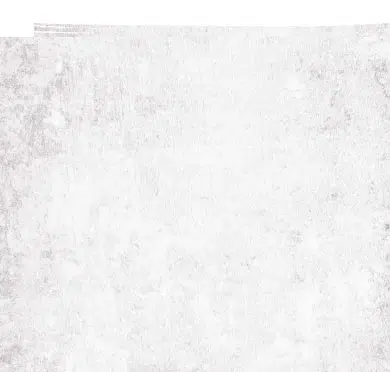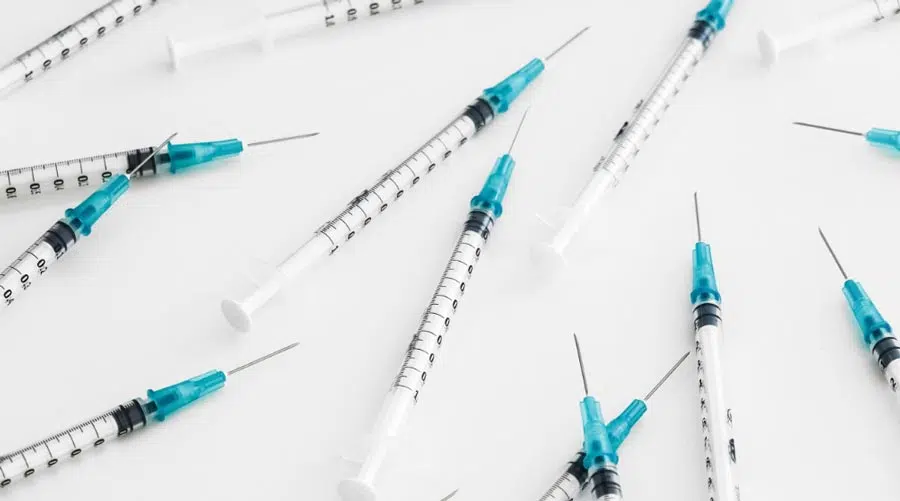Trypanophobia
[/’niːd(ə)l/] n.Fear of needles
The fear of needles. The thought of injections will inject you with a sense of dread while giving blood is enough to make the room start spinning.
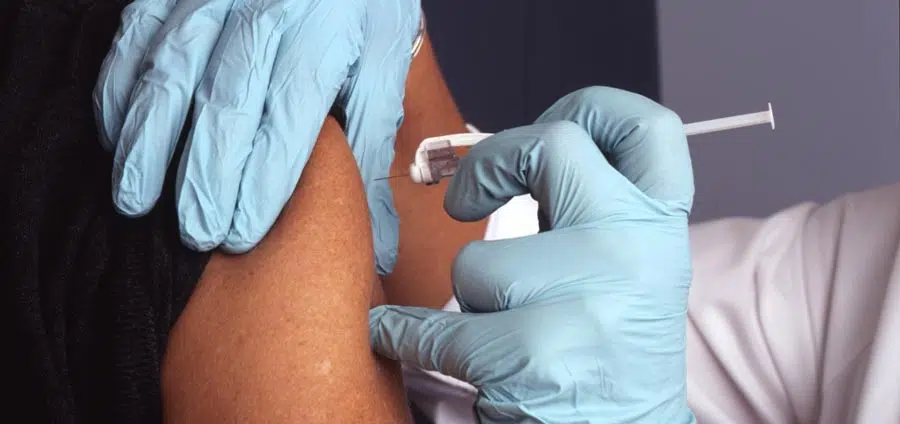
The fear of needles. The thought of injections will inject you with a sense of dread while giving blood is enough to make the room start spinning.
Trypanophobia is a problem that’s been recognized ever since 1994, and it’s showing no sign of going anywhere soon. There are 40,500 sufferers across the world, although that number is down by 33% over the past year, potentially as the global vaccination effort proved so beneficial.
Americans are the biggest needle avoiders in the world – 12,100 searched for the term last year. In the UK, where the NHS means people face needles from childhood, that number is down to 2,900, while there are 1,900 Canadians and 70 Australians that avoid the needle.
It’s good for you, honest. They hardly ever nick a vein.
If you’ve ever found yourself feeling faint as the nurse squirts a little fluid out of the needle, you could be suffering from trypanophobia. It’s an evolutionary fear that developed as humans – quite rightly – assumed that being stabbed less would lead to a better chance of survival.
The phobia can cause raised heartbeats and higher blood pressure, leading to a state of panic, before both heartbeat and blood pressure suddenly drop, which is when people pass out. Sufferers may miss vaccinations or avoid medical treatment altogether.
There are many different types of treatment available to people with trypanophobia.
